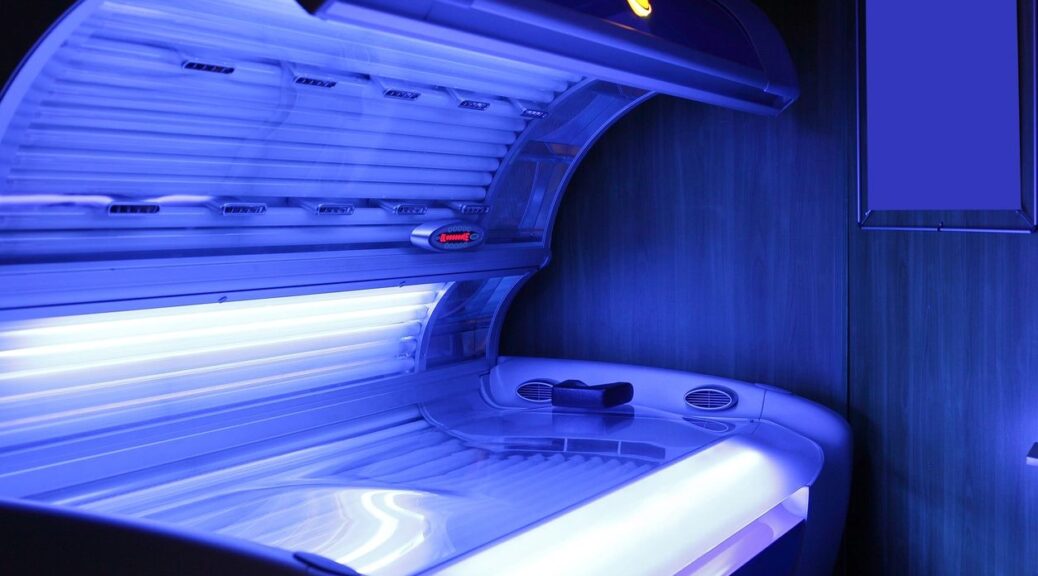Indoor Tanning Policy and the Impact of COVID-19 on Tanning Facilities
Julia Berteletti from Klein Buendel presented findings from a study on U.S. indoor tanning legislation efforts related to reduced indoor tanning by minors at the 43rd Annual Meeting & Scientific Sessions of the Society of Behavioral Medicine in Baltimore, MD, April 6-9 2022.
Skin cancer is a significant and expensive public health problem, with approximately 5 million Americans treated at a cost of over $8 billion annually. Indoor tanning (IT) is a well-established cause of melanoma and keratinocyte carcinomas.

IT is regulated in two main ways: states restricting minor access and the U.S. Food and Drug Administration (FDA) regulations to minimize harm. Since 2012, 22 states and the District of Columbia adopted IT bans for all minors, ten banned some minors by age, and 12 required parental consent/accompaniment, but six have no law, primarily due to failed legislation. Seven states proposed new legislation in 2021. Additionally, FDA regulations (e.g., protective eyewear, session duration) exist to minimize harm from IT devices.
Recent evidence suggests that more stringent laws (for example, age bans vs. parental consent laws) are associated with less youth IT. Policy enforcement provisions and compliance with policies are also essential components of effective IT policy implementation, but enforcement and compliance are currently variable and inadequate. We are currently coding 102 state IT law documents that were proposed, passed, or failed, and 4 accompanying regulatory documents, using a validated coding tool. Documents are being assessed for regulation stringency, type of ban, warnings provided, operator requirements, and enforcement provisions.
Additionally, results show that beginning in March, 2020, in addition to state-level mandates, there have been additional guidelines and restrictions for IT salons due to the COVID-19 pandemic. From March 2020 to April 2020, 49 states and the District of Columbia required salons to close to customers and reopened between April 2020 and December 2020 with varying restrictions, such as requiring appointments for services, requiring patrons to wear masks in public areas, and increasing ventilation in salons. Enforcement of these pandemic restrictions is unclear. Restrictions likely resulted in permanent salon closures and lower IT rates in 2020 but it is unknown how IT rates will be affected long-term, especially given the option for home tanning. Additional descriptive results of the policy coding and COVID-19 restrictions will be presented.
These data will help determine whether certain bill characteristics such as stringency or enforcement requirements are associated with law passage or not or bill stringency has increased over time, and the initial impact of the pandemic on IT policies. These findings will have implications for IT behavior and, ultimately, skin cancer incidence.
This research is funded by the National Cancer Institute (CA244370; Dr. Carolyn Heckman, Rutgers University, and Dr. David Buller, Klein Buendel, Multiple Principal Investigators). Authors collaborating on this conference poster include Julia Berteletti and Allyson Montalvo from Klein Buendel; and Anna Mitarotondo from Rutgers University.
